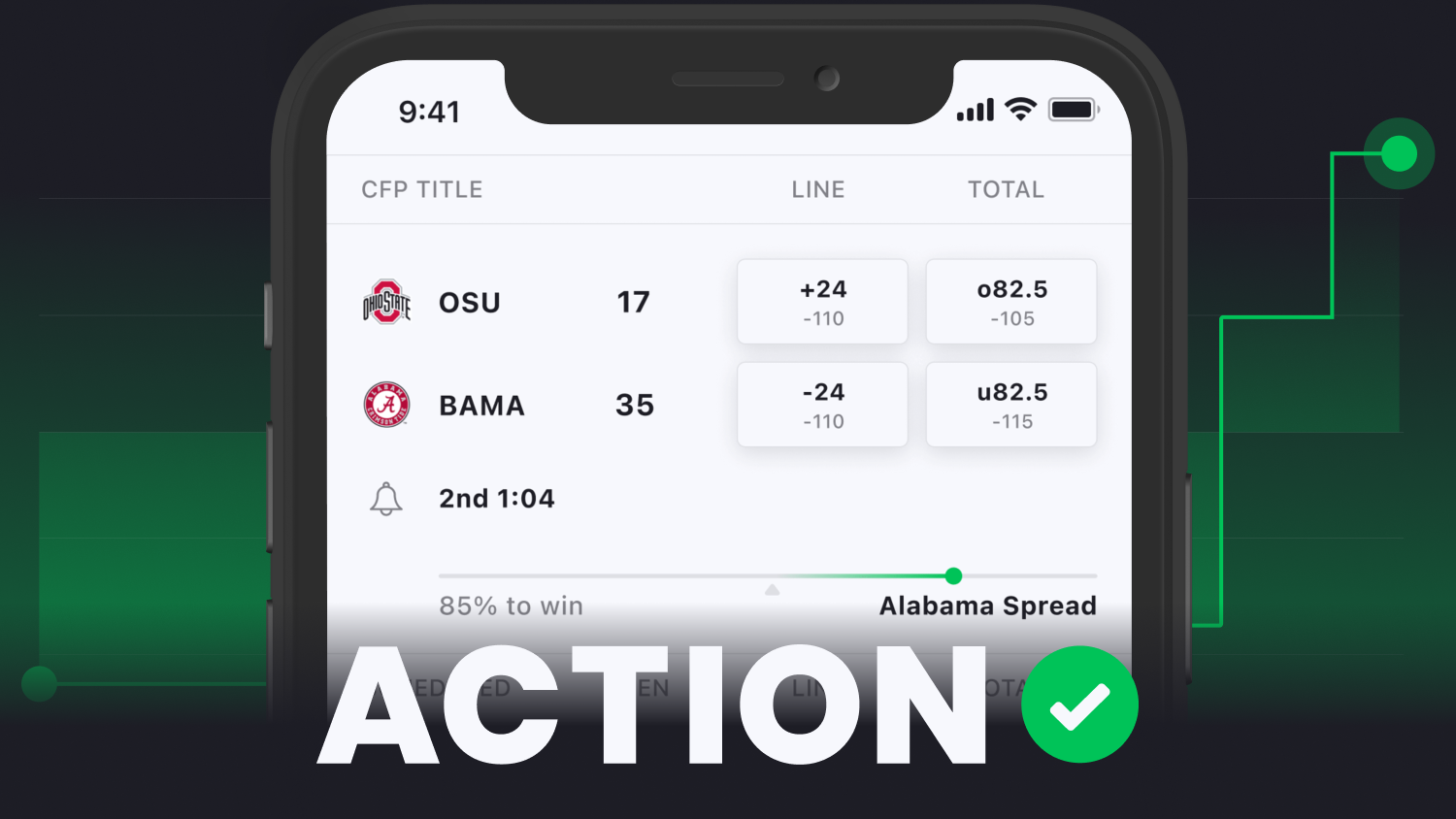Florida State is in the transfer portal.
Well, not officially yet, but the Seminoles took their first step toward leaving the ACC on Friday.
FSU filed a 38-page complaint in Leon County Circuit Court in Tallahassee, Florida (Florida State University Board of Trustees v. Atlantic Coast Conference), taking legal action against the ACC and its Grant of Rights.
“This is certainly not where I would prefer to have ended up,” Florida State president Richard McCullough said. “I think that I would prefer a different pathway, but I feel that we have in many ways exhausted all our options.”
To leave the ACC, Florida State legal counsel David Ashburn said the Seminoles must pay an exit fee totaling $572 million. In 2012, the ACC did not have an exit fee.
“Today, we've reached a crossroad in our relationship with the ACC,” Florida State Trustees chair Peter Collins said. “I believe this board has been left no choice but to challenge the legitimacy of the ACC Grant of Rights and its severe withdrawal penalties.”
Florida State has not notified the ACC of its intention to leave the conference. That will come much later. FSU has until August to notify the ACC for the Seminoles to exit and join a new league on July 1, 2025.
Florida State’s suit is in “response to years of mismanagement that has left its member schools trapped in a deteriorating multi-media rights agreement while preventing them from joining other conferences because of draconian withdrawal penalties.”
FSU claims the ACC has failed to fulfill its stated obligations to “generate substantial revenues” and “maximize athletic opportunities” for its members.
It details how the ACC’s mishandling of negotiations with ESPN has deprived members of tens of millions in annual revenues and put them behind other Power Four schools in the competition for educational advancement and to appear in elite athletic championships.
The complaint accuses the ACC of restraint of trade, breach of contract and a failure to perform. It also challenges the legality of its withdrawal penalties.
One of the biggest unknowns is how Florida State can get out of the ACC’s supposedly “ironclad” Grant of Rights.
Ashburn hinted that FSU might have a path to nullifying the Grant of Rights. For the past year, Florida State officials have told Action Network they believe there's a way to get out of the ACC’s Grant of Rights before they expire in 2036.
The ACC disputes Florida State's assessment and filed suit against FSU's Board of Trustees on Thursday in Mecklenburg County, North Carolina. The league accuses FSU of breaching its contractual obligations and asks the court to declare the Grant of Rights "valid and enforceable."
In a statement, the ACC said it “is especially disappointing that FSU would choose to pursue this unprecedented and overreaching approach.”
The ACC’s statement: “Florida State’s decision to file action against the Conference is in direct conflict with their longstanding obligations and is a clear violation of their legal commitments to the other members of the Conference. All ACC members, including Florida State, willingly and knowingly re-signed the current Grant of Rights in 2016, which is wholly enforceable and binding through 2036. Each university has benefited from this agreement, receiving millions of dollars in revenue, and neither Florida State nor any other institution, has ever challenged its legitimacy.
“We are confident that the Grant of Rights, which has been honored by all other universities who signed similar agreements, will be affirmed by the courts and the Conference’s legal counsel will vigorously enforce the agreement in the best interests of the ACC’s current and incoming members.”

Another interesting part from FSU’s Board of Regents call Friday came from Ashburn.
FSU’s legal counsel said the ACC notified its league members in 2016 that ESPN had issued an ultimatum. The network would not enter any future media rights deals with the ACC, forcing the schools to extend the grant of rights through 2036. ESPN created the ACC Network.
Ashburn also confirmed on the call a Sept. 1 Action Network report stating if the ACC dropped below 15 members (including Notre Dame), ESPN could renegotiate its media rights deal.
The potential future departures of Florida State and other ACC schools were one of the main reasons the ACC added Stanford, Cal and SMU. Florida State, Clemson and North Carolina each voted against expansion.
If Florida State Leaves ACC, Where Will Seminoles End Up?
FSU currently has no official offer to join another league but is expected to be highly sought after by either the Big Ten or SEC, while the Big 12 also is a possibility, sources said.
“This will have an ‘Oppenheimer-like’ ripple effect,” an industry source told Action Network.
If FSU escapes from the ACC, it could trigger the exits of Clemson, Miami, North Carolina, NC State, Virginia and Virginia Tech, sources said.
“Criticize Florida State all you want, but they’re the first ones over the wall,” a source said. “If they can survive, then several other ACC schools will follow.”
The Seminoles’ decision drastically impacts the college football landscape by accelerating even more potential realignment, this time among the sport’s two behemoths: the Big Ten and SEC.
The Big Ten, which adds USC, UCLA, Oregon and Washington in 2024, “would love” to get programs in the talent-rich Southeast, sources said.
Besides FSU, the most likely schools to challenge the Grant of Rights are Clemson, Miami and North Carolina, sources said. If several schools are fleeing the ACC, independent Notre Dame — which is an ACC member in all sports but football — might reconsider its commitment to the league.
The Irish are contractually obligated to join the ACC if they decide to join a league in football before 2036. So, Notre Dame also would have to get out of its ACC contract.
The Big Ten or SEC?
The Big Ten’s No. 1 expansion target remains Notre Dame, but the Irish seem steadfast in remaining an independent. The Big Ten also has “significant interest” in several ACC schools, most notably Florida State, sources said.
Starting in 2024, the Big Ten’s 18 members, including USC, UCLA, Oregon and Washington, are all Association of American Universities (AAU) members except for Nebraska. The Huskers were AAU members when they received an invite to join the Big Ten in 2010 but lost their AAU status in 2011.
Florida State is not an AAU member. However, AAU membership is “not a requirement,” to join the Big Ten, a Big Ten source told Action Network.
“Maybe (AAU status) is a preference, but solid academics are measured a variety of ways,” the source said.
In the SEC’s most recent expansion, the league added schools in states without existing members. However, that changed with Texas joining Texas A&M in the SEC in 2024.
SEC commissioner Greg Sankey has said there's nothing in the league’s by-laws or any “gentlemen’s agreement” that prohibits adding schools in a state with existing members.
Would Florida State be more attractive to the SEC, joining Florida in the Sunshine State, or to the Big Ten, by adding another major brand? Would the SEC take Florida State so the Seminoles couldn’t go to the Big Ten?
“There’s no way the SEC and ESPN wants FOX and the Big Ten to plant a flag in Florida by adding FSU and Miami,” a source told Action Network.





















































